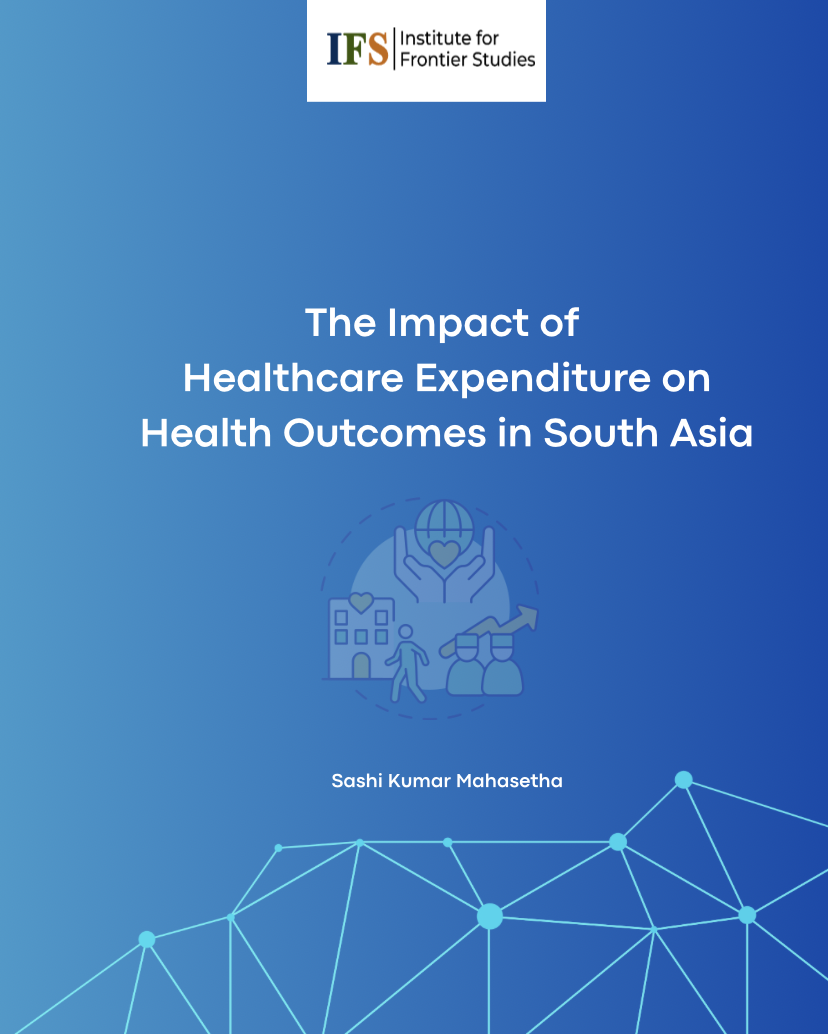The Impact of Healthcare Expenditure on Health Outcomes in South Asia
- Sashi Kumar Mahasetha
Health is a critical component of human capital and plays a vital role in fostering economic growth and societal development. Investment in healthcare not only improves individual well-being but also enhances national productivity by ensuring a healthier workforce. Evidence from high-income countries suggests that increased healthcare expenditure is often associated with improved health outcomes, such as longer life expectancy and lower mortality rates.
However, in South Asia, where financial and infrastructural constraints persist, the effectiveness of healthcare spending remains a subject of debate. Despite incremental improvements, countries in the region continue to struggle with significant health challenges, ranging from high infant mortality to inadequate access to essential health services. Understanding how healthcare expenditure, both public and private mpacts health outcomes in this context is essential for informed policy-making.
This study examines the relationship between healthcare expenditure and health outcomes across seven South Asian countries from 2000 to 2022, considering life expectancy, infant mortality, and crude death rate as key indicators. It also incorporates the influence of socio-economic and environmental factors to provide a more comprehensive understanding of determinants of health in the region.


